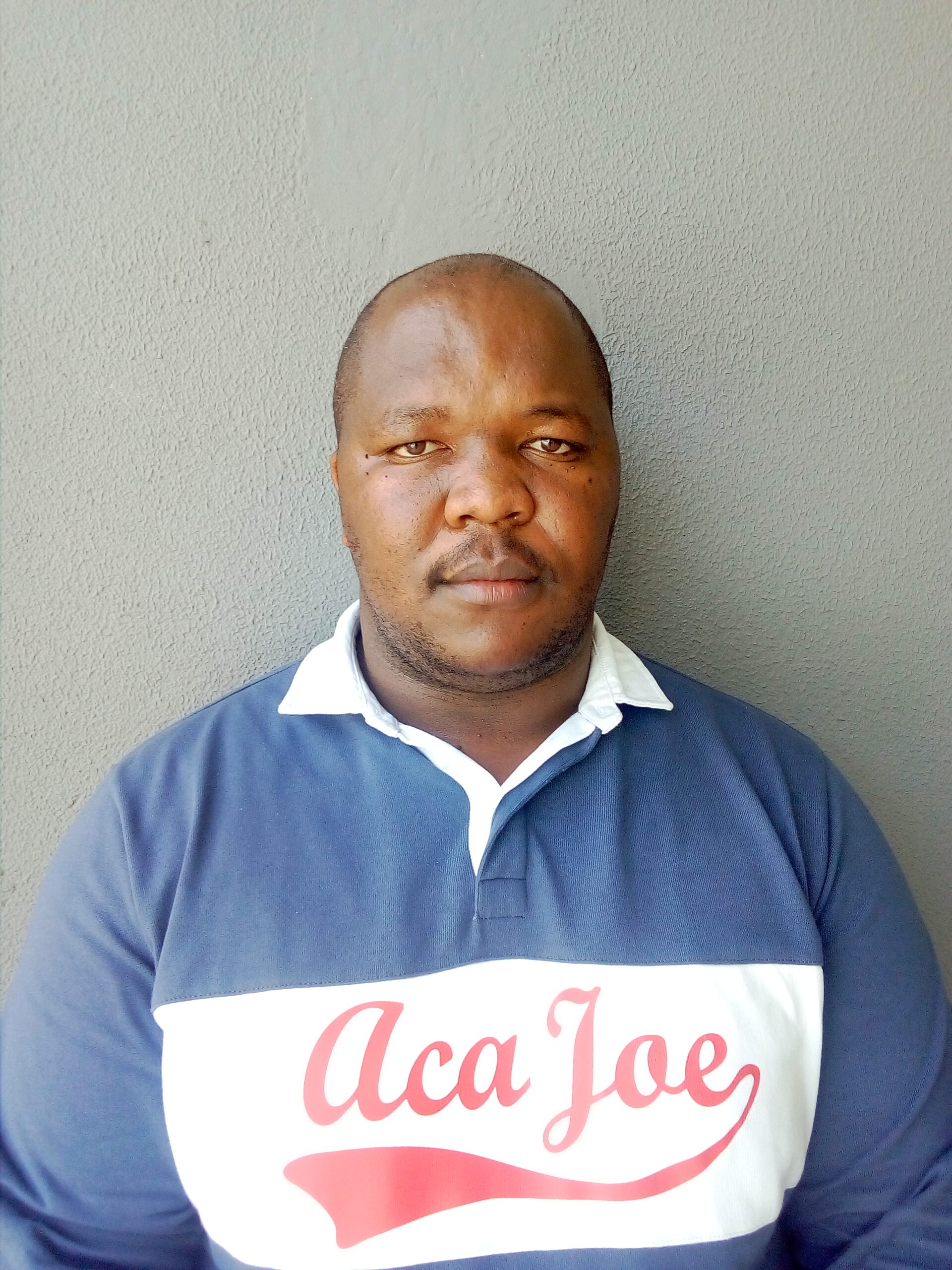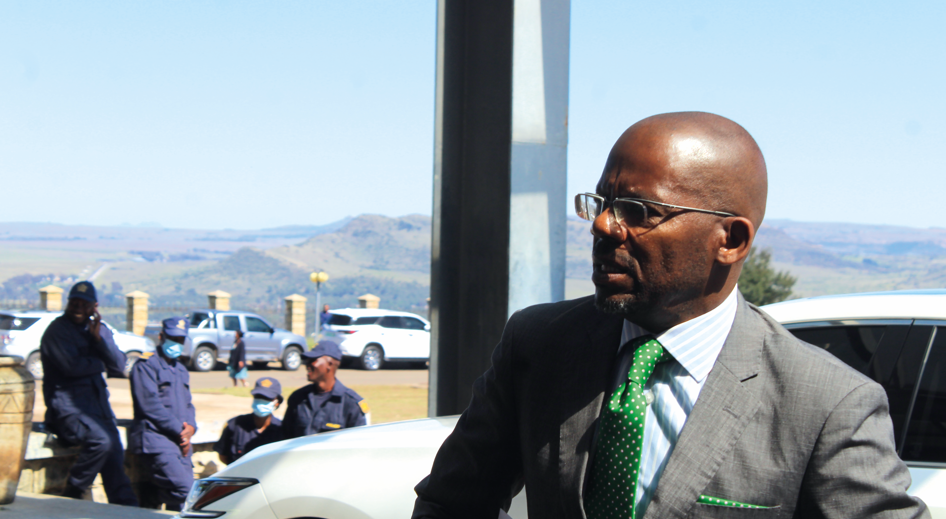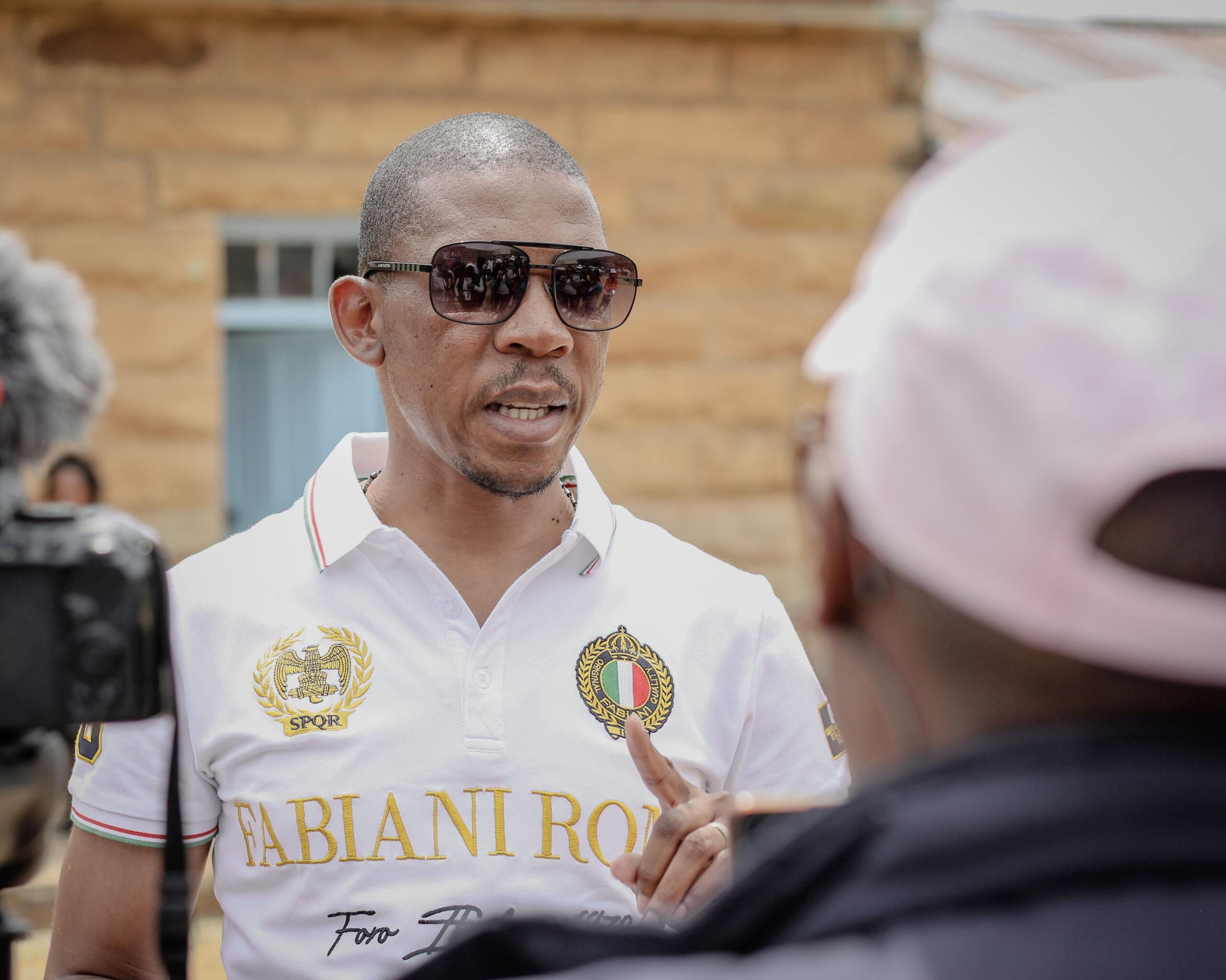… While Council of State plots a recast
With their five-year term nearing its end, the trio at the helm of the Independent Electoral Commission (IEC) has launched a quiet campaign for a second term.
Chairman Mphasa Mokhochane, alongside fellow commissioners Tšoeu Petlane and Dr. Karaboa Mokobocho-Mohlakoana, have formally submitted letters of motivation for reappointment, effectively knocking on the door of the Government Secretary (GS), hats in hand, seeking an extension.
But as they lobby behind closed doors, the machinery of succession is already in motion, and it may be moving without them.
A letter from GS Teboho ‘Malisebo ‘Mokela to the Clerk of the National Assembly, Advocate Lebohang Maema KC, has set the wheels turning for the selection of new commissioners.
Political parties have been requested to submit fresh nominations, in accordance with Section 66 of the Constitution, which mandates the Council of State to invite political parties to jointly submit at least five names for consideration.
“We are in receipt of the attached Savingram from the Office of the Government Secretary requesting our office to facilitate the forwarding of the attachments to all Leaders of Political Parties,” read a memo penned by Maema to the Chief Whip of the National Assembly.
Established by section 66 of the Constitution, IEC is charged with the mandate of conducting elections, demarcation of constituencies amongst other roles.
IEC Commissioners are appointed by the King on the advice of the Council of State for the five year period and may be reappointed.
“There shall continue to be an Independent Electoral Commission consisting of a chairman and two members, who shall be appointed by the King acting in accordance with the advice of the Council of State.”
The process for nominating the Commissioners is guided by section 66 (a)(4) of the Constitution.
“For the purpose of enabling the Council of State to select the names of persons to be submitted to the King under subsection (3), the Council shall request all registered political parties in accordance with the procedure agreed by them to jointly propose to the Council within a period of thirty days from the date specified by the Council, a list of not less than five names.”
This development presents a striking juxtaposition. While the current commissioners plead their case for continuity, the constitutional process for renewal appears to signal an institutional preference for new blood.
In his motivation letter, Mokhochane reminds the Council of State of the vacuum he found upon taking office in December 2020, a time when the Commission had been left rudderless for too long. He warns that history could repeat itself if the appointment process falters.
“I was appointed on the 14thof December 2020 as the Chairman of the Independent Electoral Commission (IEC) and that first term of employment contract will be coming to an end on the 14th December 2025. When I joined the IEC in December 2020, I found that my predecessors had long been out of office. The status of not having a Commission for a long time had left the institution in a vulnerable and unprecedented situation,” he wrote.
“This time around, I have a vivid feeling that sad history will repeat itself. I take the opportunity to submit my application to the Council of State as an indication that I have a desire to be offered further engagement, to participate in my second and final term as a member of the Commission for the Independent Electoral Commission,” he added.
Dr. Mokobocho-Mohlakoana emphasised institutional memory and the need for continuity, arguing that her continued presence would help steer ongoing electoral reforms to a successful conclusion.
Petlane, meanwhile, pointed to the delimitation of constituencies and other technical accomplishments as markers of their effective leadership.
But the trio’s legacy is not without blemish.
The Commission came under fire following the 2022 general elections when it bungled the allocation of proportional representation (PR) seats, a blunder that forced a humiliating return to the courts.
The IEC had erroneously awarded seats to members of the Democratic Congress (DC) and the Alliance of Democrats (AD), when in fact they belonged to the United for Change (UFC), Basotho National Party (BNP), Basotho Patriotic Party (BPP), and the Lesotho People’s Congress (LPC) alliance.
The error was eventually rectified, with the rightful MPs sworn in: ‘Masetota Leshota (BNP), Mohlominyane Tota (UFC), Rev. Paul Masiu (LPC alliance), and Tefo Mapesela (BPP). Their replacements, Maletsema Letsoepa and Katleho Mosotho (DC), and Lebohang Mochaba and Morapeli Motoboli (AD), were shown the door.
Summary
- “We are in receipt of the attached Savingram from the Office of the Government Secretary requesting our office to facilitate the forwarding of the attachments to all Leaders of Political Parties,” read a memo penned by Maema to the Chief Whip of the National Assembly.
- “For the purpose of enabling the Council of State to select the names of persons to be submitted to the King under subsection (3), the Council shall request all registered political parties in accordance with the procedure agreed by them to jointly propose to the Council within a period of thirty days from the date specified by the Council, a list of not less than five names.
- I take the opportunity to submit my application to the Council of State as an indication that I have a desire to be offered further engagement, to participate in my second and final term as a member of the Commission for the Independent Electoral Commission,” he added.

Thoboloko Ntšonyane is a dedicated journalist who has contributed to various publications. He focuses on parliament, climate change, human rights, sexual and reproductive health rights (SRHR), health, business and court reports. His work inspires change, triggers dialogue and also promote transparency in a society.










